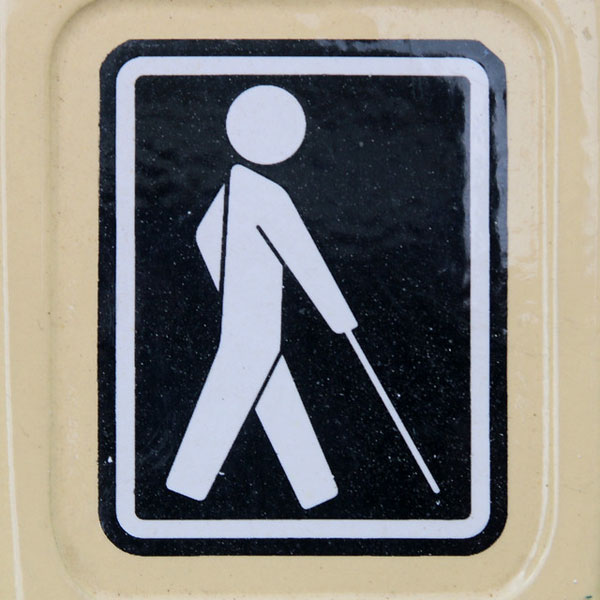
April 30, 2019; Fast Company
A recent study indicates that 75 percent of nonprofit boards don’t have anyone with a disability on them, despite 25 percent of Americans having a disability. This contributes to nonprofits’ lack of consideration of things like physical accessibility, language, captioning use, and cognitive accessibility for those who learn and perceive differently.
This carries outside the boardroom as well, with only around nine percent of the nonprofit workforce reporting having a disability, whereas 19 percent of the US workforce as a whole report a disability. RespectAbility, the disability rights group that conducted the survey, found that more than a third of respondents believe internal bias among leadership contributes to this gap. Organizations with even just one disabled employee or board member were nearly twice as likely to recruit more individuals with disabilities. But only 38 percent of organizations recruited inclusively.
Seventy-two percent of people who work in nonprofits believe their organizations are committed to Diversity, Equity, and Inclusion (DEI) and have policies to support that. But RespectAbility’s study shows that many organizations fall short. When organizations do prioritize DEI initiatives, disability often falls far behind race, gender, and sexual orientation. Only 68 percent of DEI policies in the study specifically focus on disability.
Sign up for our free newsletters
Subscribe to NPQ's newsletters to have our top stories delivered directly to your inbox.
By signing up, you agree to our privacy policy and terms of use, and to receive messages from NPQ and our partners.
NPQ previously covered this topic in 2017, and noted then that:
There is a total of 1.5 million nonprofit organizations registered in the US, most of which likely serve people with disabilities, even though that is not their focus, and they may not even be aware of it. Further, since a number of disabilities are invisible, it’s likely that all organizations serve people with disabilities whether they know it or not.
RespectAbility offers guidelines to improve an organization’s inclusion of people with disabilities, beginning with a change in culture and priorities. Including people with disabilities in all DEI statements, as well as websites and print materials about the organization, lets people with disabilities know they are valued and present in your work. And do not limit organizational understanding of disability to one demographic or one type of disability. Recognize disability from birth, acquired disability, and those “in the closet” with stigmatized or less visible disability.
When people with disabilities are included in planning, leadership, grant writing, and programing, they are able to share their voices and experiences, which matters. The phrase “nothing about us without us,” cited by author James Charlton, means that people with disabilities must be valued as essential contributors to every sector and community, including the nonprofit world. People with disabilities have a perspective that those without do not have—including people with disabilities in leadership roles shines a light on areas that may have been missing before, providing more holistic services, programs, and workplaces.—Ember Urbach












